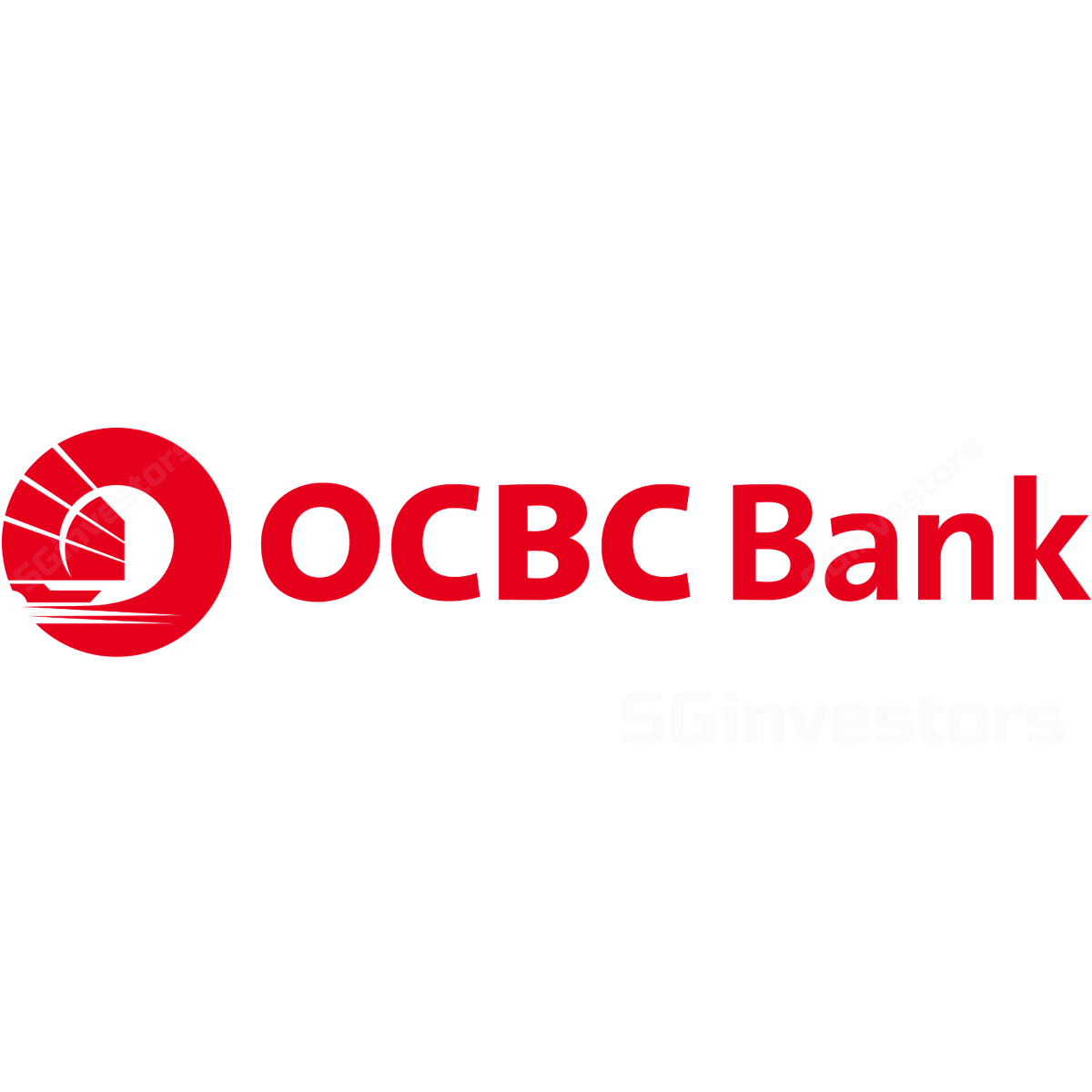 OVERSEA-CHINESE BANKING CORP
O39.SI
OVERSEA-CHINESE BANKING CORP
O39.SI
OCBC Bank (OCBC SP) - On Track For Growth
3Q17 beat; EPS and TP raised
- OCBC's 3Q17 core PATMI of SGD1.06b (-2% QoQ, +12% YoY) beat ours and Bloomberg consensus estimates by 10%/5%. 9M17 core PATMI of SGD3.1b (+16% YoY) met 77% of our previous FY17 forecast.
- With positive growth momentum, we raised FY17-19E core net profit by 5-7%. With the change in EPS forecasts, our assumed sustainable ROE is now 12% (11.4% previously), COE 10.5%, and growth rate 3.5% (both unchanged).
- Accordingly, our TP is raised 9% to SGD12.00, based on ~1.2x FY18E P/BV (from ~1.1x), slightly below its 10-year mean of 1.3x to reflect lower forecast ROEs compared to previous periods.
Benefit from higher rates albeit some compression
- With NIM in 9M17 at 1.64% vs 1.67% in FY16, management cited that making up for the difference of 3bps in 4Q17 will not be easy. Given the margin compression from competition and the chase for high-quality credit business, this will likely offset some of the benefits from repricing effects of higher SGD rates.
- We lowered our FY17 NIM slightly to 1.67% (vs 1.68% previously), but maintain our forecast of slightly higher NIMs of 1.69-1.70% across FY18-19E on the back of higher rates.
Implications from MAS’ rules on IFRS 9 uncertain
- On the loan loss provisioning for IFRS 9, MAS will require D-SIBs to adopt the RLAR Approach (i.e. establish non-distributable regulatory loss allowance reserves [RLAR] via appropriation of retained earnings) to comply with minimum regulatory loss allowance for non-credit impaired exposures, which is 1% of exposures net of collaterals.
- While a “Day One” adjustment into RLAR will result in a one-off increase in shareholders’ equity, management is unable to provide more colour as it’s seeking clarity from regulators (for e.g. whether shifting GP to retained earnings will be taxable).
- Our current forecasts have not factored in IFRS 9.
Maintain HOLD
- With less than 10% upside to our TP, maintain HOLD.
- Risks to our call include:
- NIM improvement from higher rates;
- higher non-interest income; and
- higher provisions.
Revisions to estimates
- We raised FY17-19E core net profit by 5-7% mainly on:
- higher loan growth of 7- 9% (from 6-8%);
- higher non-interest income (non-II) by 2% mainly from higher wealth management (WM) fees and GE contributions in a risk-on environment; and
- lower provisions by 14-20% as our previous estimate is too conservative.
- Our FY17-19E credit costs are now 22-31bps (from 28-36bps). We shifted the one-off gains of SGD358m from sale of Hong Kong Life from FY17E to FY18E as the transaction is likely to be completed next year.
Swing Factors
Upside
- Widening credit spreads from re-pricing of assets at higher interest rates.
- Higher non-interest income from wealth management and higher contributions from Great Eastern.
- Sharp and sustained rebound in commodity prices.
- Better-than-expected asset quality through proactive restructuring of loans, with no major credit slippages.
- Better demand for Singapore mortgages from easing of property-cooling measures.
Downside
- Oil prices stay low, sparking more NPLs in O&G support services.
- Job losses in Singapore become pervasive, hurting its mortgage portfolio.
- Sharp decline in value of trading securities and shocks in fixed-income portfolio.
- Lack of liquidity of a funding currency.
- Translation losses from MYR/IDR depreciation.
- Emergence of dominant financial competitors in Singapore.
- Capital-raising by peers may depress sentiment.
Ng Li Hiang
Maybank Kim Eng
|
http://www.maybank-ke.com.sg/
2017-10-27
Maybank Kim Eng
SGX Stock
Analyst Report
12.00
Up
11.050

